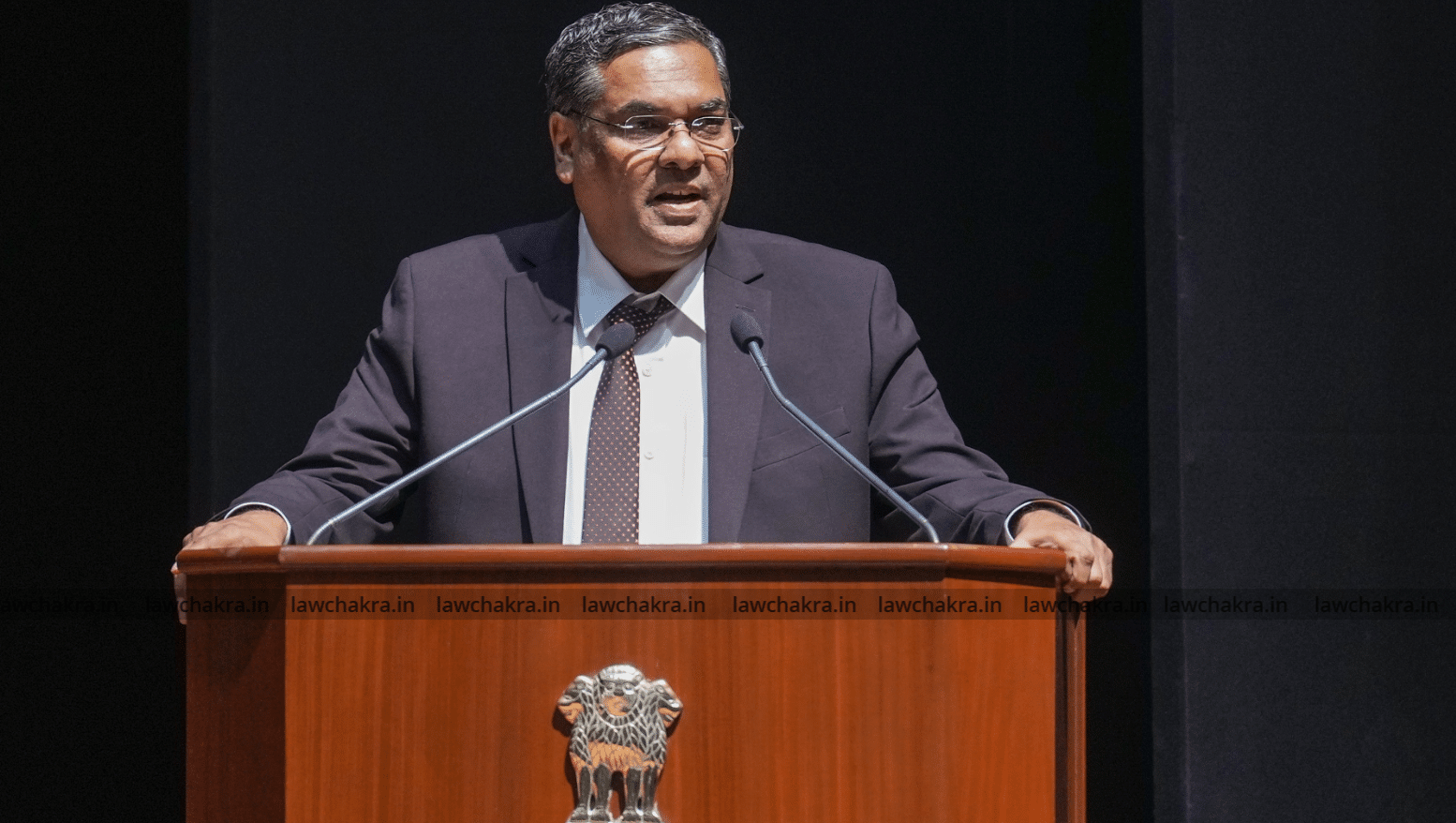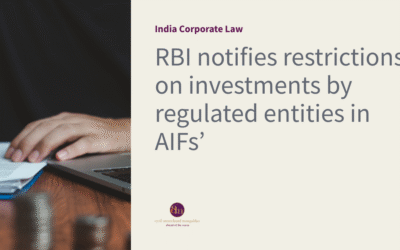ONOE Bill Doesn’t Dilute Majority Rule, But Could Lead To ‘Indirect President’s Rule’: Ex-CJI Sanjiv Khanna

Thank you for reading this post, don’t forget to subscribe!
Former CJI Sanjiv Khanna told the JPC that the One Nation, One Election bill doesn’t directly weaken the rule of majority-backed governments but warned that deferring polls “may result in indirect President’s rule.” He flagged possible violations of the Constitution’s basic structure and federal principles.
New Delhi: The One Nation, One Election (ONOE) Bill does not directly reduce or weaken the rule that an elected government can stay in power as long as it has the support of the majority in the legislature, former Chief Justice of India (CJI) Sanjiv khanna has said.
He made this observation in his submission to the panel examining the Constitution (129th Amendment) Bill and the Union Territories Laws (Amendment) Bill related to holding simultaneous elections across the country.
ALSO READ: Prashant Bhushan: One Nation, One Election Is Unconstitutional & Impractical
A 39-member Joint Parliamentary Committee (JPC), headed by BJP MP P.P. Chaudharywas set up in December last year to study and review these two bills. Justice (Retd.) Khanna is expected to attend the JPC meeting on August 19.
According to people who are aware of his submission, Justice Khanna stated that
“deferring elections may result in indirect President’s rule”.
These people also said that the former CJI pointed out that the bill
“may have an indirect impact and effect”
if a state government collapses before completing its term, because under the proposed system, the newly elected legislative assembly will not have the normal five-year tenure.
Instead, it will serve only until the next scheduled nationwide simultaneous polls for both the Lok Sabha and all state assemblies.
The proposed legislation suggests that the process to align elections will begin in 2029with the first round of full simultaneous elections to take place in 2034.
Justice (Retd.) Khanna also referred to the history of Indian politics, pointing out that since the first election in 1951there have been many cases where elected governments could not complete their full term.
ALSO READ: Justice UU Lalit Flags Legal Challenges in ‘One Nation One Election’ Bill Before JPC
He noted that under the proposal, if such premature dissolutions happen, the number of elections may actually increase. This would not be the case if all legislatures completed their full terms, he explained.
A person with knowledge of the matter said that Justice Khanna highlighted Clause 5 of the proposed Article 82Awhich gives the Election Commission of India (ECI) complete freedom to decide if elections to a state assembly cannot be held at the same time as the general Lok Sabha elections.
This clause allows the ECI to recommend to the President to issue an order stating that the assembly election can be held later.
According to the source,
“He has pointed out that this clause will be open to question as violating and offending the basic structure of the Constitution on the grounds of being arbitrary and offending Article 14 of the Constitution”.
ALSO READ: DEBATE AROUND ONE NATION ONE ELECTION
The former CJI also referred to his judgment in the electoral bonds case. In that context, he once again warned that
“deferring elections may result in indirect President’s rule”.
The source further quoted him saying,
“He has said that it might be seen as the Union government taking over the reins of the state government. And this can be questionable judicially, as violating the federal structure envisaged in the Constitution”.
Click Here to Read Our Reports on One Nation One Election

